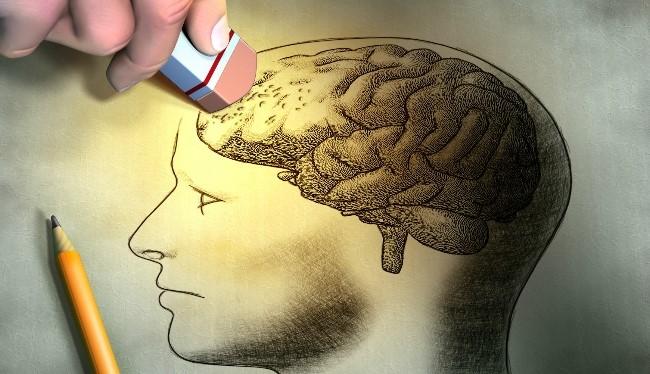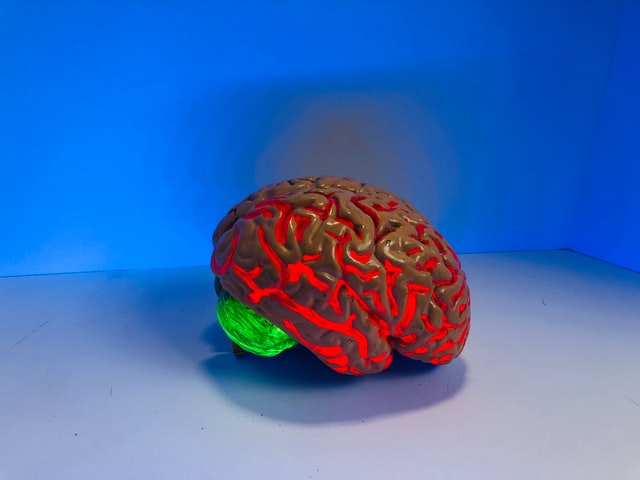Aspects of brain health include: Cognitive health — how well you think, learn, and remember. Motor function — how well you make and control movements, including balance. Emotional function — how well you interpret and respond to emotions (both pleasant and unpleasant)

We all get older, and as we do our risk of developing a chronic degenerative neurological disease increases. What can we do to reduce our risk factors? What can we do if we are diagnosed? You will find that there are solutions, particularly if you get in there early enough.

Alzheimer's disease is a degenerative neurologic condition in which the brain shrinks (atrophy) and brain cells die. Alzheimer's disease is the most frequent form of dementia, which is defined as a progressive loss of cognitive, behavioural, and social abilities that...
Read More
Memory is the mental capacity that encodes, stores, and retrieves data or information when needed. It is the process of retaining information over time in order to influence future behaviour. Language, relationships, and personal identity would be hard to grow...
Read More
Brain waves are at the very heart of communication between neurons (also called neurones or nerve cells) within your brain, they are the root of all your thoughts, behaviours and emotions. They are produced by a pattern of synchronised electrical...
Read More
The nervous system of the body is also referred to as the neurological system of the body. Known as the information processor of the body. Your nervous system receives and transmits signals throughout the body in order to govern various...
Read More